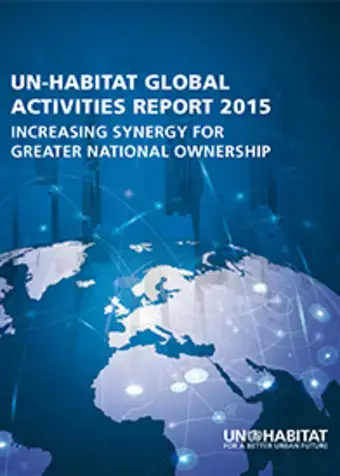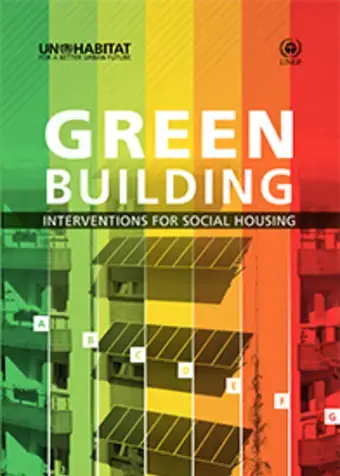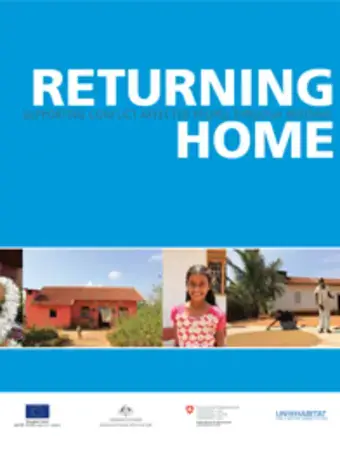Nairobi 14 April 2015—The second preparatory meeting (PrepCom2) of the Habitat III conference has opened in Nairobi with member states recognizing the growing role of cities in their respective country policies. The Secretary-General of the Habitat III Conference, Dr. Joan Clos, in his key note speech highlighted the link between urbanization and rural development.
UN-Habitat trains managers from Asia-Pacific on housing policy and practice
Seoul, 24 March 2015—UN-Habitat in partnership with the International Urban Training Center (IUTC) and the Provincial Government of Gangwon, Republic of Korea, recently organized a training programme for senior managers and decision makers from 11 Asia-Pacific countries focusing on ‘Housing Policy & Practice for Sustainable Urban Development’.
Myanmar poor to benefit from Japan supported UN-Habitat initiative
 Naw Pyi Taw, 24 March 2015-- UN-Habitat will assist vulnerable communities on reconstructing community infrastructure in ethnic minority areas, and on reconstructing houses in Yangon region with a grant contribution of USD 5.3 million by the Government of Japan.
Naw Pyi Taw, 24 March 2015-- UN-Habitat will assist vulnerable communities on reconstructing community infrastructure in ethnic minority areas, and on reconstructing houses in Yangon region with a grant contribution of USD 5.3 million by the Government of Japan.
UN-Habitat and Red Cross To Partner on Post-Disaster Housing
Sendai, 19 March 2015 – UN-Habitat and the International Federation of Red Cross and Red Crescent Societies (IFRC) have signed a Memorandum of Understanding that they will work together on promoting adequate shelter and settlements for all, with a focus on people affected by natural and man-made disasters.
UN-Habitat and AfDB in joint efforts to address Africa’s housing challenges
Nairobi 4 March 2014 - More than 200 participants from 40 African countries took part in three consultation workshops organized by the African Development Bank (AfDB) in collaboration with UN-Habitat to discuss the challenges and opportunities to improve access to affordable housing in Africa.
Government of India supports housing efforts in Sri Lanka
 Colombo 19 February 2015 - The Government of India in June 2010 announced that it would construct 50,000 houses as part of its post-conflict rehabilitation efforts. The Project is being implemented as full grant assistance amounting to USD 250 million from the Government of India, making it one of the largest grant assistance projects ever undertaken by the Government of India, overseas.
Colombo 19 February 2015 - The Government of India in June 2010 announced that it would construct 50,000 houses as part of its post-conflict rehabilitation efforts. The Project is being implemented as full grant assistance amounting to USD 250 million from the Government of India, making it one of the largest grant assistance projects ever undertaken by the Government of India, overseas.


